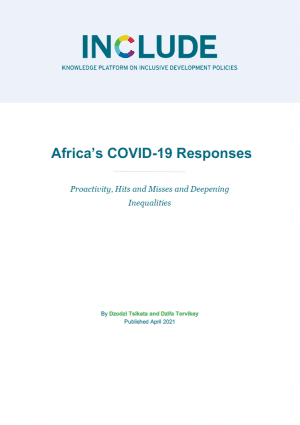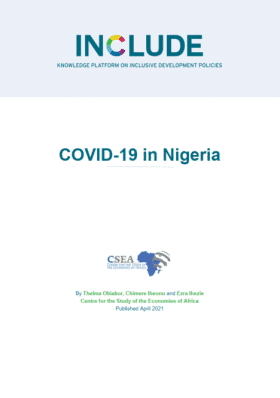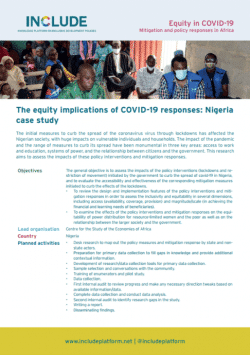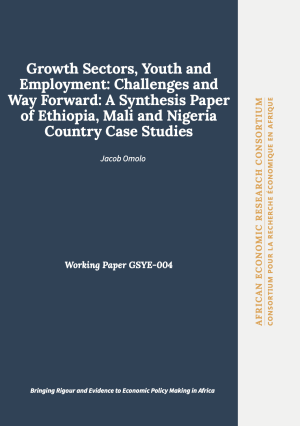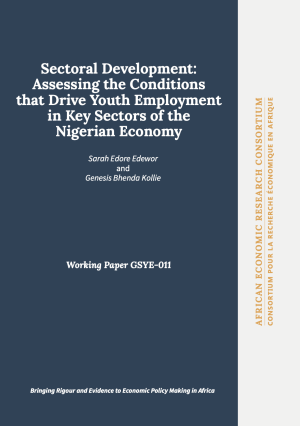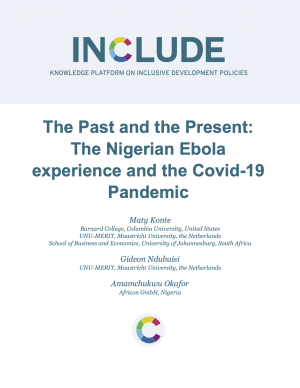
The 2013—16 Ebola virus disease (EVD) outbreak is by far the most geographically dispersed and deadliest Ebola outbreak recorded. Whilst most fatalities associated with the outbreak were mostly concentrated in three West African countries (Guinea, Liberia, and Sierra Leone), Nigeria contained the virus within 92 days. Whereas this earned Nigeria a global applaud, the world is in another epidemic barely years after the 2013—16 EVD epidemic. Conventional thinking would be that Nigeria can easily contain the Covid-19 within its border by mimicking its erstwhile country-wide response in the fight against EVD. However, available statistics neither show Nigeria a victor over the Covid-19 pandemic nor suggest the country a potential victor over it. Instead, the number of Covid-19 confirmed and death-related cases has been on the rise since the index case. Against this backdrop, in this paper the authors attempt to identify factors responsible for Nigeria’s victory over EVD, through a comparative analysis, also evaluating Nigeria’s country-wide response to Covid-19, while drawing inference from its past success on EVD to underpin factors that may have impeded the country’s from mimicking its successful erstwhile country-wide response in the fight against EVD. The analysis is complemented with recent surveys for Nigeria to assess the spatial disparities in terms of vulnerability and shocks to Covid-19 and explore the spatial distribution of government and non-government assistance across the different regions.
